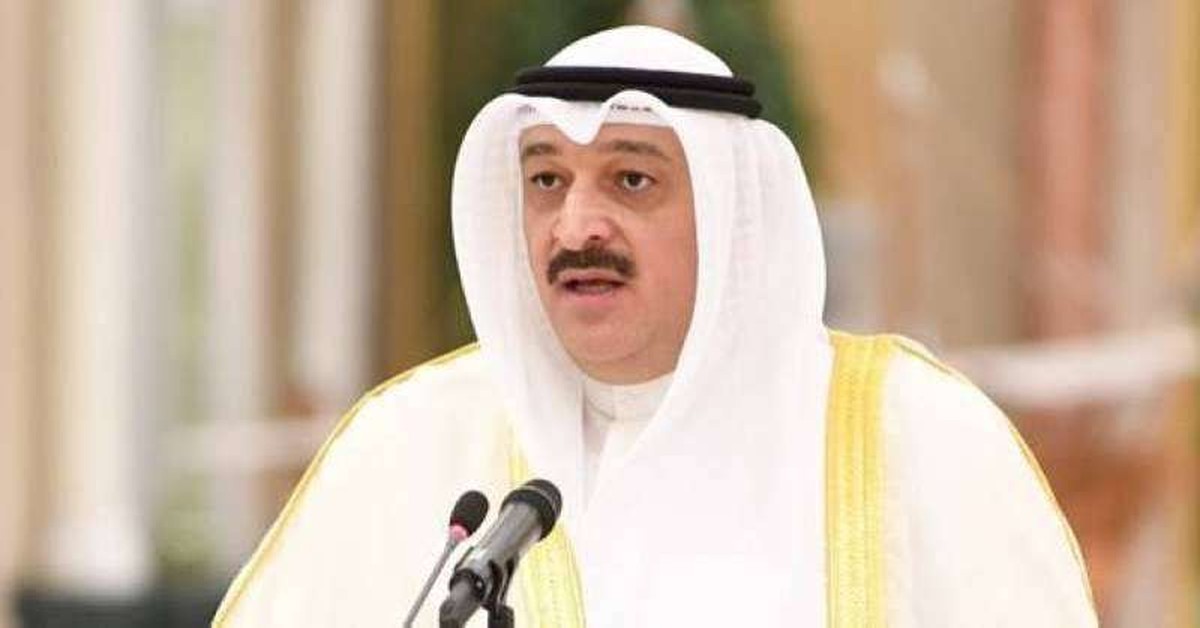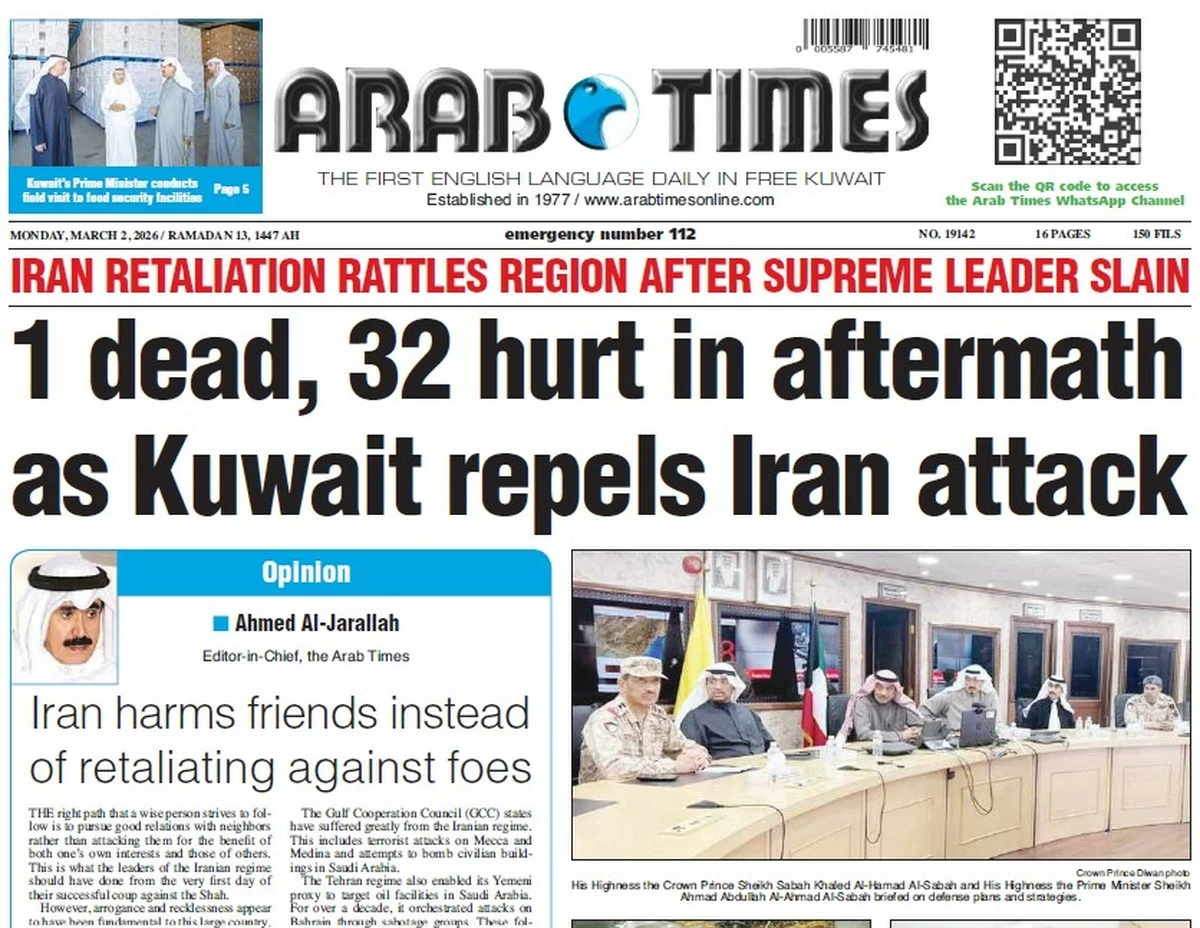04/10/2025
04/10/2025

KUWAIT CITY, Oct 4: Gulf Cooperation Council (GCC) health cooperation is steadily progressing with a shared vision focused on improving health services and protecting Gulf societies from diverse challenges, Kuwaiti Minister of Health and current chairman of the GCC Health Ministers' Committee, Dr. Ahmad Al-Awadhi, said Saturday.
Speaking at the 11th meeting of the GCC Health Ministers' Committee, hosted by Kuwait, Dr. Al-Awadhi stressed that the gathering reflects the spirit of Gulf cooperation and integration in health, emphasizing that the well-being of Gulf citizens remains a top priority. He highlighted decades of remarkable health achievements resulting from effective coordination among technical committees and joint projects, positioning Gulf health cooperation as a model for regional and international emulation.
Dr. Al-Awadhi outlined key agenda items aligning with Gulf citizens’ needs, notably the Gulf Strategy for Combating Drugs (2025-2026) — a collective response to cross-border drug challenges aimed at protecting youth and securing national futures. The meeting also addressed the Gulf Public Health Plan (2026-2030), a comprehensive roadmap emphasizing prevention, integration, and establishing health as a pillar of sustainable development. The unification of classification and registration procedures for health specialties was cited as a vital step to facilitate the flow of expertise and elevate performance quality across GCC countries.
The minister underscored the importance of the International Health Regulations, which connect GCC states to global frameworks for preparedness and effective responses to epidemics and health emergencies. He also highlighted the Healthy Cities Initiative, which promotes health-conscious urban development.
Digital transformation and health innovation were described as fundamental pillars in advancing Gulf health systems. The GCC Innovation and Excellence Award was noted as a key incentive recognizing health sector innovators.
Dr. Al-Awadhi characterized the meeting as a platform for harmonizing visions and shaping a unified healthy future for the Gulf. He expressed hope for productive decisions that will maintain momentum and enhance the GCC’s standing in regional and international forums. He thanked the GCC General Secretariat, technical committees, and all organizers for their efforts, and praised Qatar’s distinguished presidency of the Ministerial and technical committees during the past year.
In a preparatory session, GCC health ministers’ undersecretaries reviewed the agenda ahead of the 11th Ministerial meeting. Discussions will cover the Supreme Council’s directives related to the Gulf Strategy for Combating Drugs (2025-2028) and its crucial role in protecting youth and communities. The agenda also includes a review of the Healthy Cities Program, highlighting tangible achievements across cities, villages, and universities.
Additional topics include prioritizing medical examinations for expatriate workers to preserve public health and enhance preventive policies, and the proposal to establish a Gulf Health Committee for Innovation and Digital Transformation under the General Secretariat. This committee aims to develop unified standards and guidelines for artificial intelligence applications in diagnostics, treatment, and health data management. The unified work plan for the Health Ministers' Committee (2026-2030) will also be discussed.
Khaled Al-Sunaidi, Assistant Secretary-General for Economic and Development Affairs at the GCC General Secretariat, emphasized recent qualitative developments in GCC health systems, attributing successes to joint cooperation and continuous coordination. He noted the GCC has surpassed regional and global health averages, achieving leadership and advanced international standards.
Al-Sunaidi stated these achievements go beyond medical services to form a foundation for human development by raising life expectancy, reducing mortality rates, and enhancing societal productivity. He described Gulf health integration as a major investment in human capital that supports national visions and sustainable development goals.
He highlighted that the total number of hospitals in the GCC has grown to over 863, with an annual increase of 1.5%, alongside more than 3,400 health centers and complexes. Approximately 594,000 Gulf citizens have benefited from government medical services abroad within GCC states.
The World Health Organization has accredited 44 healthy cities, 35 healthy villages, and 12 healthy universities in the GCC as of October last year, reflecting the GCC’s distinguished regional and international health status.
Al-Sunaidi extended sincere thanks to Kuwait for its excellent hosting and organization of the meeting and commended Qatar for its effective leadership during its previous presidency of the GCC Health Ministerial Committee. He wished the meeting success and looked forward to constructive decisions serving the aspirations of GCC citizens.


